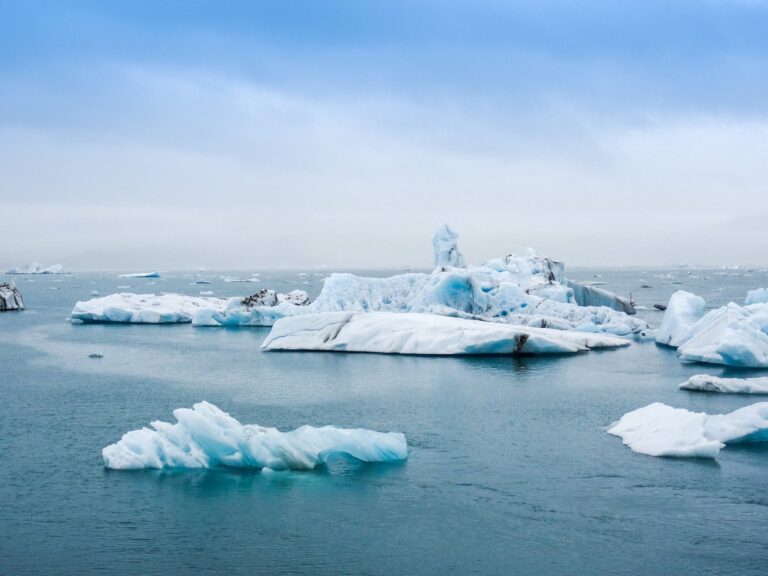When did the Earth start heating up? The answer may lie with a bunch of Caribbean sponges.

“He (or she) has got a mind like a sponge,” goes the saying about people with a quick grasp on facts.
Well, now it turns out sponges may have a sponge-like grip on facts about climate change.
MORE ON CLIMATE CHANGE: No, Climate Change Is Not The Sun’s Fault
MORE ON CLIMATE CHANGE: Study Shows Most Americans Aren’t Scared Of Climate Change
The sponges in question — six specimens of the slow-growing Ceratoporella nicholsoni — are hundreds of years old and were plucked from several hundred feet down in the Caribbean. And scientists say that analysis of minerals in them — as the sponges grow, they store strontium and calcium in a ratio that relates directly to the temperature of the water around them — shows both that the current era of global warming started earlier than generally believed and that the Earth has in fact heated more than is usually accepted.
If true, the first finding, which was published in the journal Nature Climate Change, is particularly startling, because it points to global warming occurring before large-scale industrial activity, something that could point to other reasons for climate change. For instance, climate sceptics point to considerable temperature fluctuations from Roman times through the Middle Ages, which saw, for instance, North Africa go from a grain-growing area to desert. And then there are the various ice ages — five are usually cited — in which the Earth’s temperatures go down and then bounce back.
Another interesting fact: That the sponges recorded a sudden drop in temperatures caused by the massive eruption of Indonesia’s Krakatoa volcano in 1883, something the scientists say points to the accuracy of the sponge data.
The second result of the research is the claim that the world has already gone past the internationally approved target of limiting global warming to 1.5C (2.7F) since pre-industrial times, hitting 1.7C (3.1F) in of 2020.
And it is that fact, combined with a belief that human activity has indeed contributed to global warming, that has led the researchers to urge more action to curb pollution.
Said Prof. Amos Winter, a co-author of the research at Indiana State University: “The take-away message is that we are much warmer than we thought we were compared to pre-industrial. Hopefully it will help change our viewpoint on what’s happening to the globe and make us act now.”
Amen to that, Amos.
More from ClimateCrisis 247
- Wake-Up call? 30 Million People Could Die Each Year From Climate Change, study says
- It took a lot of balls to bring you this story about microplastics Making a home in Men’s testicles
- Microsoft in new Scope 3 bid as AI emissions soar
- For banks, transparency sets the tone






